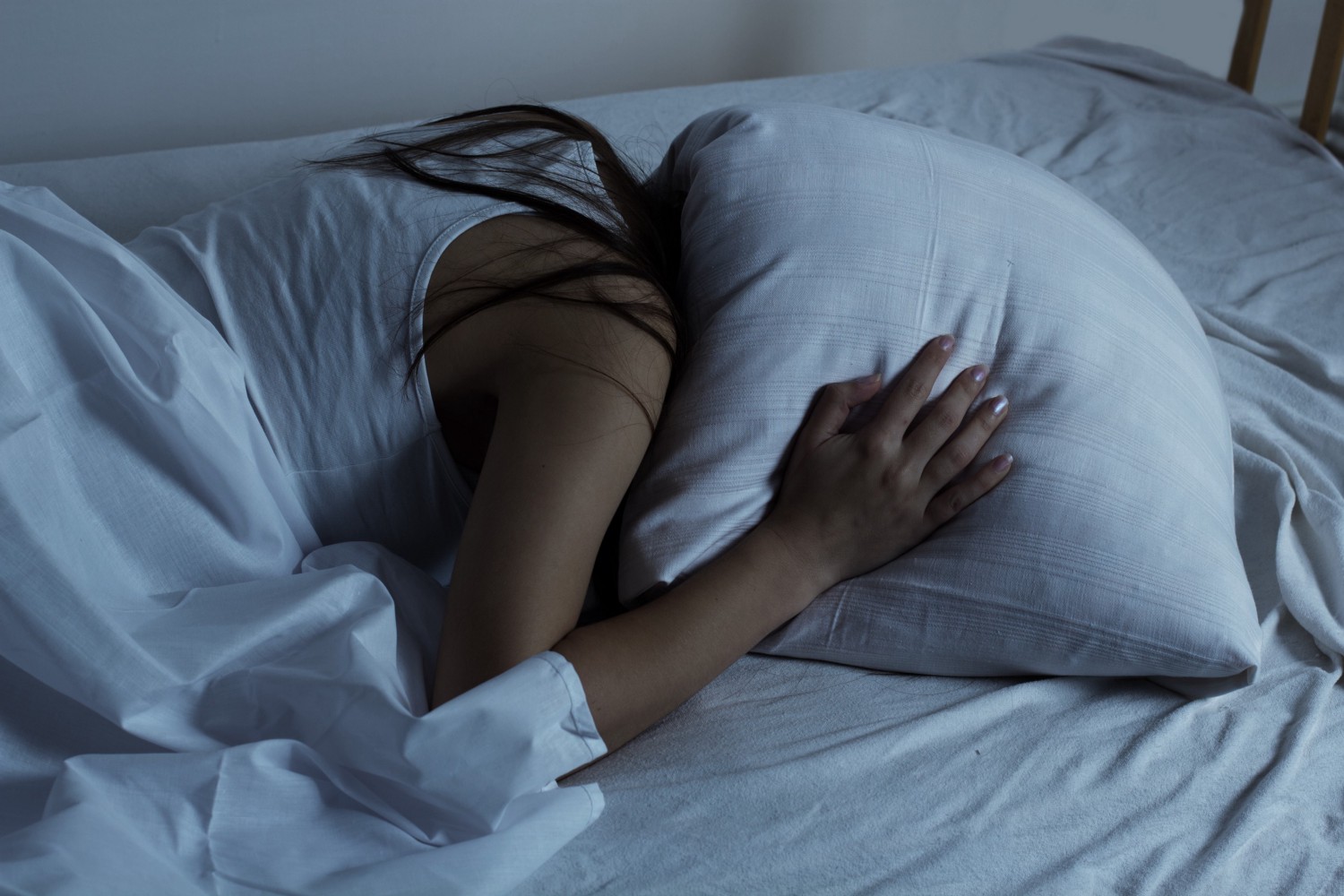So… you’ve fallen asleep but you wake-up three hours later. Sound familiar?
Before going any farther… This article assumes that you’ve read “How To Go To Sleep (part 1)” and maybe even tried entrainment as part of your nightly ritual. If not, spend three and a half minutes read my first posting and catch-up with the class.
Part 2 of this story might be subtitled: “Now that you’ve fallen asleep; how do you STAY asleep?” In some cases, insomnia or partial insomnia is caused by a medical condition such as sleep apnea, restless legs syndrome or chronic pain or by a mental health disorder such as depression. Treatment for one of these underlying conditions may be necessary for insomnia to get better. Also, treating insomnia may help depression symptoms improve faster.
Possible causes/solutions to why you wake-up at night:
- You didn’t follow my 6-step instructions for entrainment. It’s key. Do it.
- Hide your clock or smartphone. Set the alarm and keep it away from where you can see it. Obvious but no one does this.
- Make sure you are sleeping a quiet secure room. Fan noise or white noise is fine. Keep it at a VERY low volume and constant. Ambient noise is effective in a dense urban location where street or traffic noise can interrupt you. Noise generators can drown-out streetnoise.
- Keeping the room dark with “black out” curtains or shades is VERY helpful in keeping random lights and flashes from outside from disturbing you.
- Make sure that the temperature of the room appeals to you.
- Drinking caffeine in the afternoon or evening can prevent you from sleeping deeply. Try to cut-off any caffeine intake after 1pm.
- Drinking TOO much water (or any fluid) late in the afternoon and into the evening can turn into multiple trips to the bathroom in the middle of the night. That’s an invitation to insomnia.
- Having an alcoholic “nightcap” might make you fall asleep quicker but liquor often causes wake-ups later on in the night as your body metabolizes the alcohol. (read: go to the bathroom again)
- Inconsistent sleep patterns. Schedule when you go to bed and when you wake-up. Condition your body. Napping can also throw-off your sleep patterns unless you nap at roughly the same time every day (with apologies to my wife). The key here is routine. You want to get your body used to when to go down and when to get up.
- Unfamiliar foods, spicy foods/drinks or activities (especially late in the day) that are out of the ordinary can set you up to have a tough night sleeping. Before ordering that “five alarm chili” at 10pm, consider what the possible cost might be on your body, your waistline and your sleep. Bring some discipline to your sleep hygiene.
If you wake-up in the middle of the night and cannot get back to sleep after 20 minutes, turn on the lights and do my entrainment steps 2–6 again. Relax. Breathe. Listen to some quality music… Like “Dream Cycle”
PLEASE: if you find yourself up at 2:30am — don’t run to your computer. Give your body time to adjust and relax again and go back to sleep. Many people wake-up and their mind “races” because they think there’s something “wrong” with waking-up. Nope. You just haven’t conditioned yourself and set yourself up to succeed. It can take months to get things set right.
With practice, structure and a little discipline (read: sometimes you’re going to have to say “no”), you can set yourself up for years or even a lifetime of restful sleep. The benefits of consistent sleep are longer lifespan, weight loss, more overall wellness, being alert during waking hours and you are free of chemicals and drugs that many people rely on to sleep. Getting and staying asleep doesn’t have to be a battlefield. Sleep on it and decide how you want your life to go…
Michael Whalen is an Emmy® award-winning composer, music supervisor, professor, author and thought leader on digital rights and music copyrights. He is also a dad, a CrossFit newbie and is doing a “Sleep and Wellness” concert on April 15th, 2017 in New York City. Tickets here.
Originally published at medium.com


